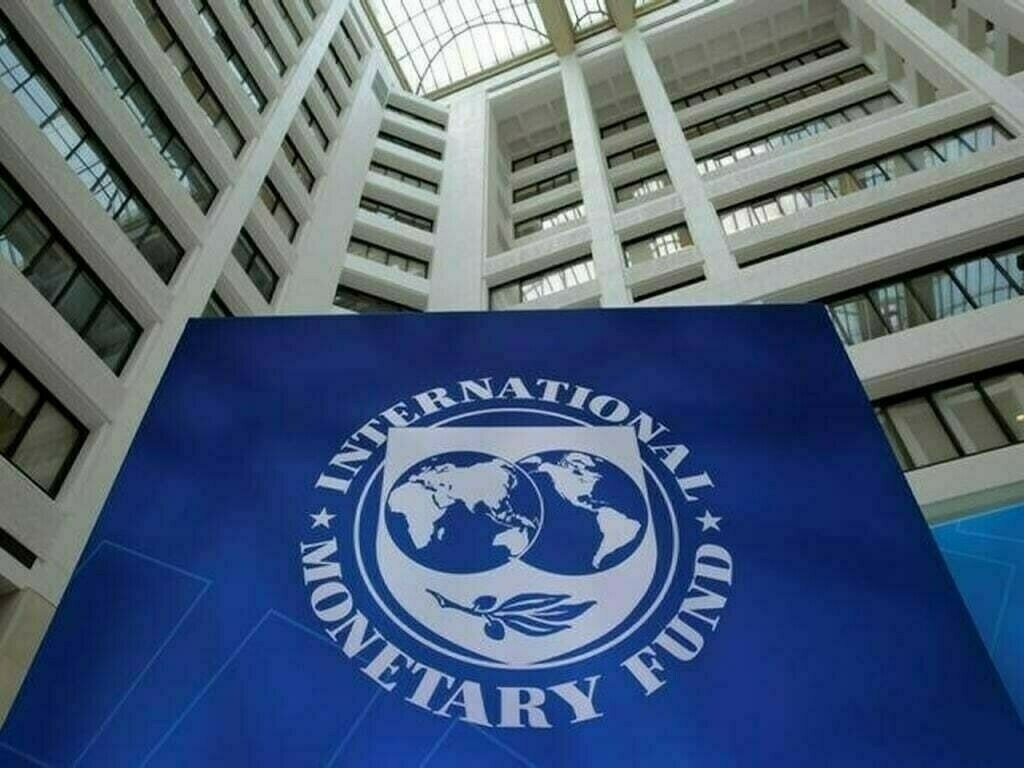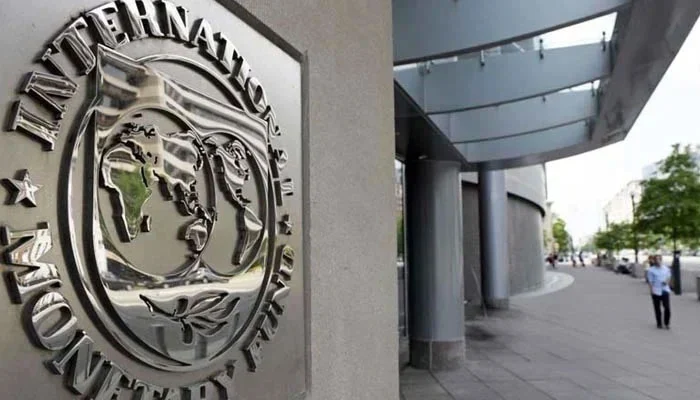Mohsin Siddiqui (Chief Reporter)
The International Monetary Fund (IMF) has urged Pakistan to undertake substantial reforms in its tax laws and incentives, including amendments affecting non-governmental organizations (NGOs), charitable organizations, and taxed pensioners. These recommendations were made as Pakistan and the IMF initiated crucial discussions this week regarding a potential bailout package estimated between $6 billion to $8 billion under the Extended Fund Facility (EFF).
One of the key suggestions put forward by the IMF involves repealing the discretionary powers of the Federal Board of Revenue (FBR) and the cabinet to award tax incentives. The IMF emphasizes the need for tax incentives to be limited to cases where their economic benefits outweigh the cost to the budget. It advocates for well-designed, cost-based incentives rather than profit-based ones to promote new investments and economic growth.
Furthermore, the IMF recommends eliminating all tax incentives in the Income Tax Ordinance (ITO) except those legally obligated or for clear policy reasons. It estimates this could yield an additional revenue of 0.2 percent of GDP. Additionally, the IMF proposes time-bound tax incentives subject to regular assessment, with immediate withdrawal if costs exceed expectations.
In terms of tax policy management, the IMF suggests repealing discretionary powers of the FBR and the cabinet to award tax incentives and introducing a comprehensive Tax Expenditure Report. It also recommends reforms in the minimum tax regime and harmonizing agricultural income tax rates and bases with federal standards.
Regarding NGOs and charitable donations, the IMF advocates for streamlining existing rules and removing exemptions in favor of tax credits to facilitate regulatory oversight. It emphasizes the need for efficient and uniform regulations for all types of donations and non-profit organizations.
As discussions between Pakistan and the IMF progress, the implementation of these reforms could significantly impact the country’s economic landscape and pave the way for sustainable growth and fiscal stability.




